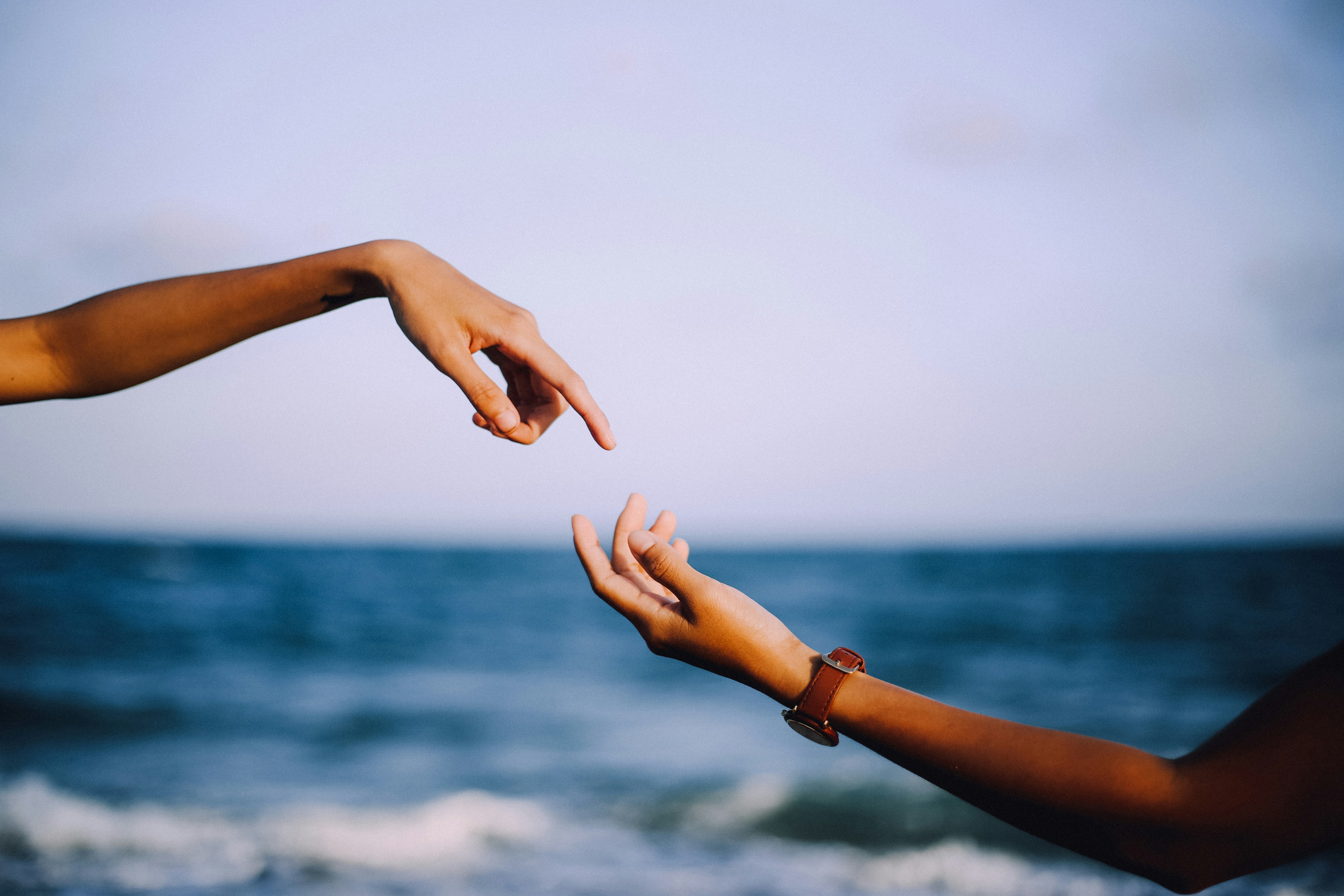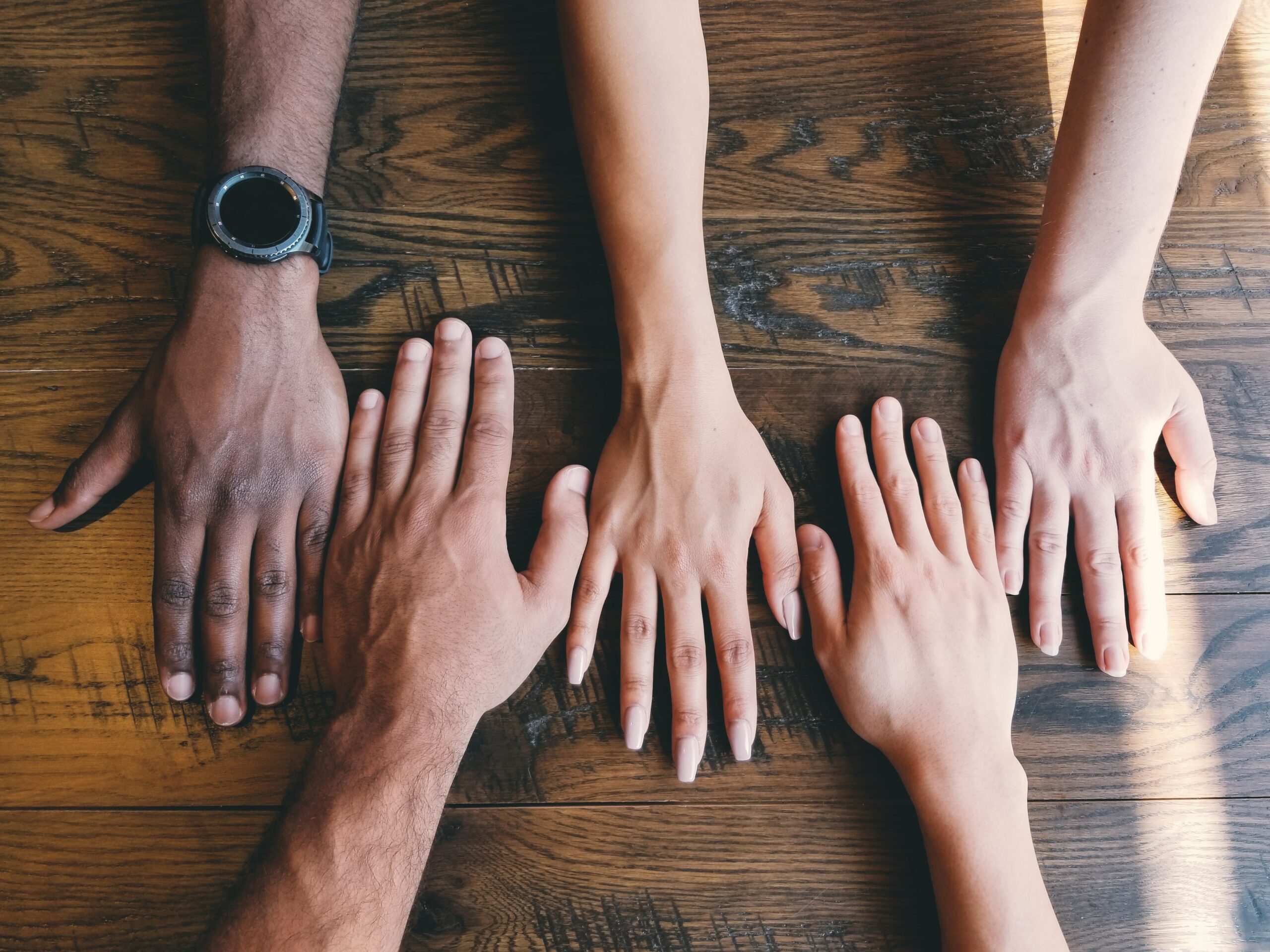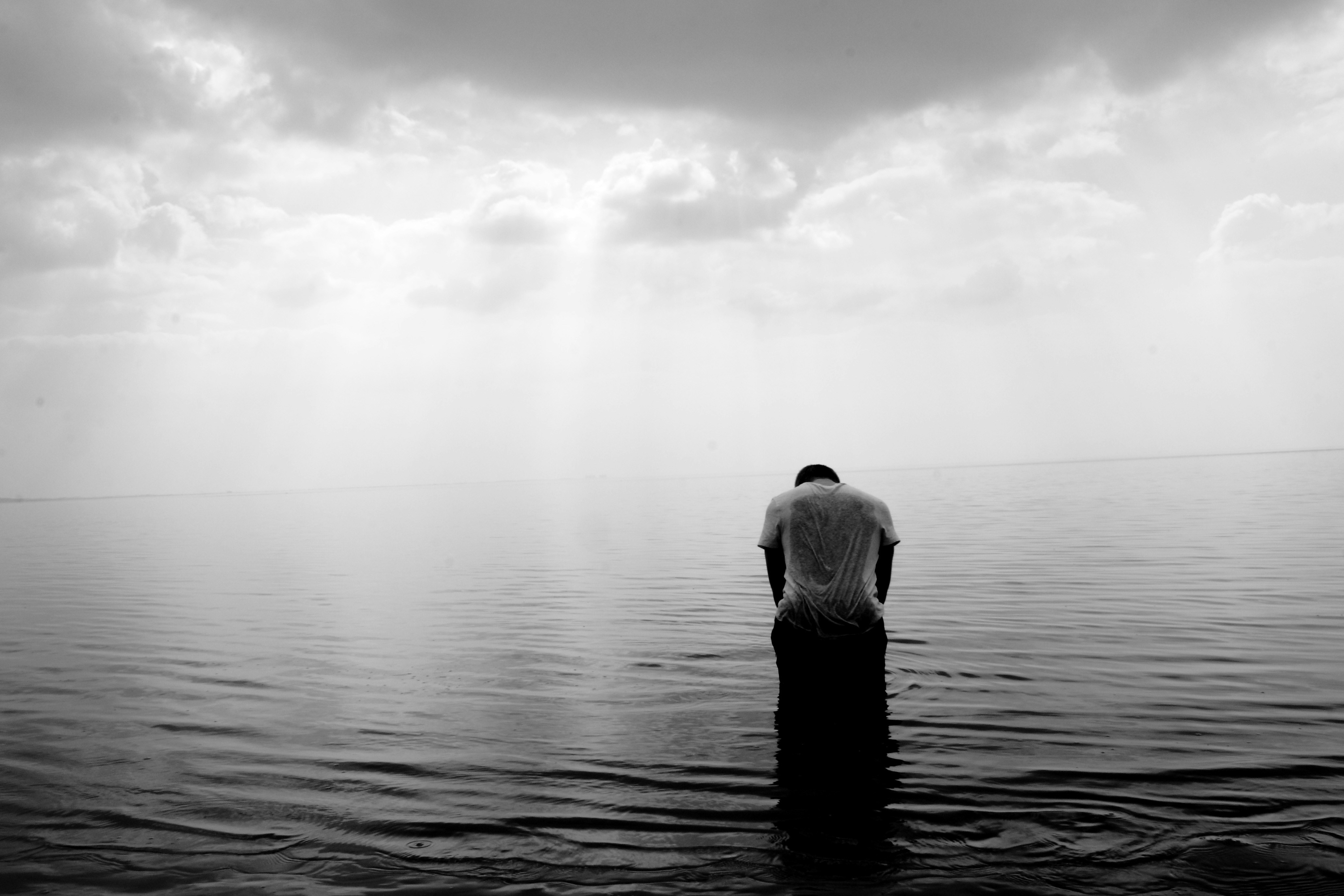As a Vietnamese-American second-generation immigrant, mental health and counseling are topics and resources that were never offered to me nor were they options that were presented to me or my siblings growing up. They were things I wished were presented to me as they have been to my classmates and friends, and they are the same things I highly value as a counseling student at Southern Methodist University. To have someone who understands the struggles I have gone through as a child of collectivistic immigrants in an individualistic society, who believes in alleviating the stigma of mental health in the Asian/Asian-American communities, and someone who looks like me (not just as a believer, but as a client and as a fellow counselor/therapist) means the world to me. I would love to be that person for another individual who begged and wished for the same things (i.e., a professional resource of my race, let alone my ethnicity) that I did.
I would consider Vietnamese-American individuals like rubber bands – we are resilient, tough, and may explore life outside of our culture for a while, but we also have the foundation of family and togetherness at the end of the day. Life as a Vietnamese-American (and any other bi-cultural person) is confusing, complex, and sometimes disorienting. We grow up as children who should regard family before anyone else outside of the family of origin, yet we tend to bond with people outside of our culture very well. We struggled in school alone because most of our parents and grandparents immigrated here from difficult situations (such as the Vietnam War), and our first-generation immigrant parents were not as thoroughly educated about the American history or geography as our classmates’ parents were. Because the adults of our lives had lived a portion of their lives in survival mode, we children collectively understood that mental health was the least of their concerns and tried our best to not bother them, not cause trouble, and do what we needed to do to make them proud… even if that meant putting our mental health on the back burner too.
As a future therapist, it would be an important goal of mine to Vietnamese-American (and other bi-cultural/racial individuals and couples) clients to approach the therapeutic relationship authentically, patiently, and compassionately. Going into therapy as a bi-cultural individual can already be seen as a betrayal of loyalty to parents and families where “blood is everything”. Finding and maintaining a safe space outside of our families is a foreign concept and a vulnerable place for clients to be in, and I would be more than honored to help guide clients navigate that difficult space. I understand what it feels like to not know what topics are allowed to be discussed and if the things you discuss would hurt your familial bonds. As a Vietnamese-American young adult, these apprehensions were the same ones that caused me to worry if I was a bad family member for seeking help. Mental health has always been something I wanted to talk about but did not know how to or who to trust. I would like to start that conversation and help you strengthen your mental health, relationships, and most of all, yourself!
If you or anyone you know is needs help with bi-cultural issues or is simply looking for someone to talk to, schedule an appointment today so we can begin a journey of self discovery and improvement.



